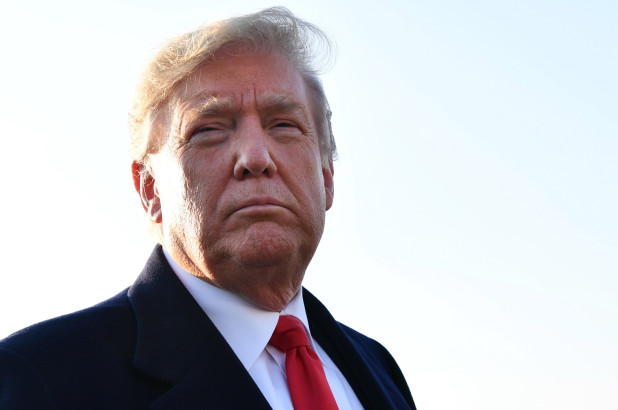WASHINGTON, (Reuters) – President Donald Trump said he will seek to limit the right of citizenship for certain children born in the United States in a new bid to dramatically reshape immigration policies that was likely to spark a congressional battle.
Seeking to shore up support for Republicans ahead of the congressional elections next week, Trump told the Axios news website he would try to end the right of citizenship for U.S.-born children of non-citizens and illegal immigrants.
The president said in an interview published today that he would make the move through an executive order but citizenship is granted to U.S.-born children under the 14th Amendment of the Constitution, which cannot be changed by the president. That would require action by Congress and U.S. states.
One member of Congress, Republican U.S. Senator Lindsey Graham said he would move forward to introduce legislation “along the same lines” as Trump’s order.

At least since 2005, Republicans in the U.S. Congress have regularly offered legislation ending birthright citizenship for children born in the United States if their parents were in the United States illegally. But the legislation has never advanced, even when the House of Representatives or Senate was under Republican control.
Neither Graham nor Trump gave any details about the latest plan, and the White House did not respond to a request for comment.
Vice President Mike Pence said the plan may not be unconstitutional, telling Politico in an interview that while “we all cherish” the 14th amendment, the nation’s top court has not weighed in on the issue entirely.
“But the Supreme Court of the United States has never ruled on whether or not the language of the 14th amendment, subject to the jurisdiction thereof, applies specifically to people who are in the country illegally,” Pence said.
The 14th Amendment allows for “all persons born or naturalized in the United States, and subject to the jurisdiction thereof, are citizens of the United States and of the State wherein they reside.”
A legal challenge would prompt the nation’s courts to weigh in on what would be one of the most sweeping moves of the Trump administration.
